A technical feasibility study for high-capacity transit crossing Vancouver and the Burrard Inlet to the North Shore has completed its first phase, with six potential options shortlisted for further exploration in the study’s second phase.
The first phase of the study led by Mott MacDonald Canada involved brainstorming and preliminary screening of possible crossing points to support an increase in transit for the North Shore and better connection to Vancouver.
“We know that people living and working on the North Shore are frustrated with traffic congestion that has been increasing for years. By investing in this study, our government is helping to take a serious look at solutions that expand our public transportation network to better connect communities and to help people move around freely,” provincial minister of transportation and infrastructure Claire Trevena said.
“The results from this study will support the North Shore and surrounding communities with their long-term transportation planning,” Trevena added.
The six potential routes to be further explored in Phase 2 of the study are:
- downtown Vancouver to Lonsdale via First Narrows (tunnel crossing)
- downtown Vancouver to Lonsdale via Brockton Point (tunnel crossing)
- downtown Vancouver to West Vancouver via Lonsdale (tunnel crossing)
- downtown Vancouver to Lonsdale via Second Narrows (new bridge crossing)
- Burnaby to Lonsdale via Second Narrows (new bridge crossing)
- Burnaby to Lonsdale via Second Narrows (existing bridge crossing)
Connecting Lonsdale City Centre with Vancouver and the regional rapid transit network was recommended by North Vancouver-Lonsdale MLA Bowinn Ma in 2019 as one of the recommendations of the Integrated North Shore Transportation Planning Project (INSTPP).
The other INSTPP recommendations continue through the Next Step (NXSTPP) working group that involves all levels of government on the North Shore to work partnership to improve regional mobility.
I hear from community members every day about how transportation challenges on the North Shore impact their lives. In addition to seeking convenient ways to get around, people are eager to embrace more socially, environmentally responsible modes of transportation. This technical feasibility study to find a rapid transit solution across the Burrard Inlet is an important step toward a third fixed-link crossing to the North Shore,” Ma said.
The Ministry of Transportation and Infrastructure, districts of North Vancouver and West Vancouver, and the cities of Vancouver and North Vancouver all contributed to fund the study, while TransLink led the procurement process.
“This study will complement Transport 2050, Metro Vancouver’s blueprint for the next 30 years of transportation. In the coming phase of public engagement for Transport 2050, we will ask residents and stakeholder groups to think critically about which transportation initiatives are the most important to the long-term liveability of our region. As the population of Metro Vancouver rapidly grows, it’s essential that the transit network also grows and expands to the places that need it most,” TransLink CEO Kevin Desmond said.
“The city understands that residents throughout the region are looking for reliable travel times and convenient access to jobs and leisure opportunities on both sides of the Burrard Inlet. We continue to work with partners on transportation improvements, as well as rapid transit strategies, to advance regional and provincial objectives through our own Climate Emergency Response actions,” City of Vancouver mayor Kennedy Stewart added.


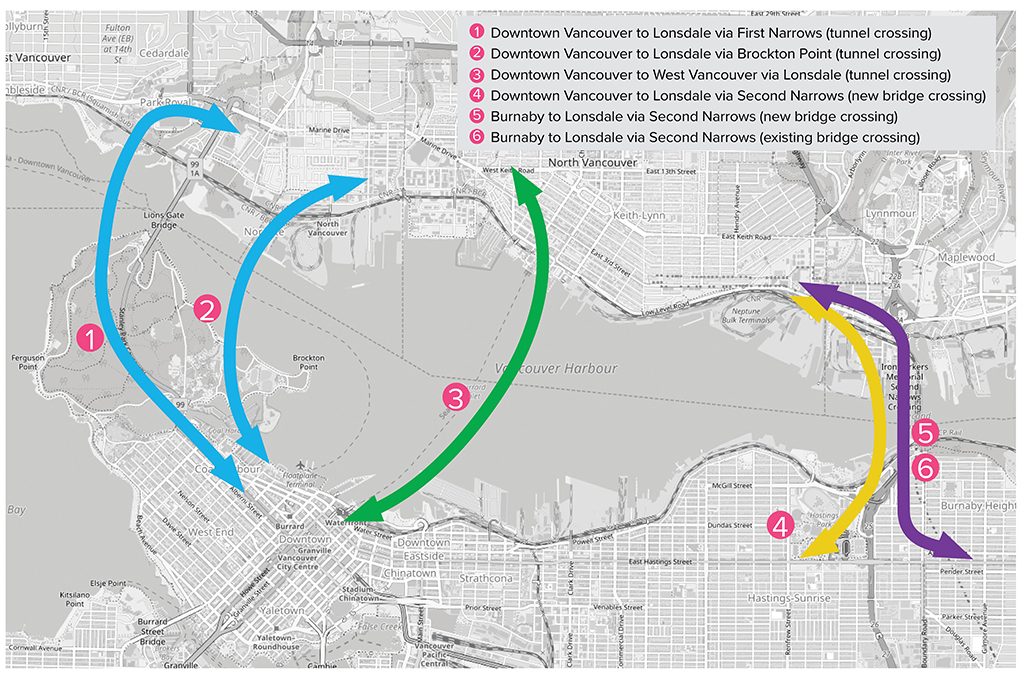

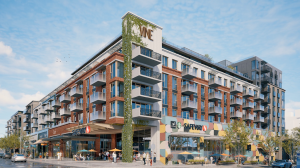

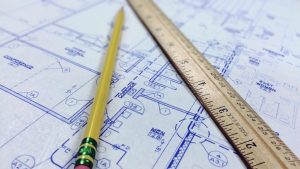
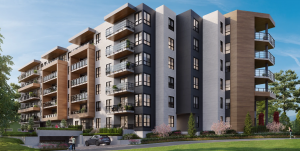
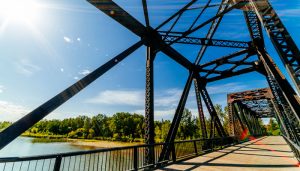
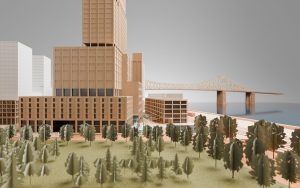

Recent Comments
comments for this post are closed